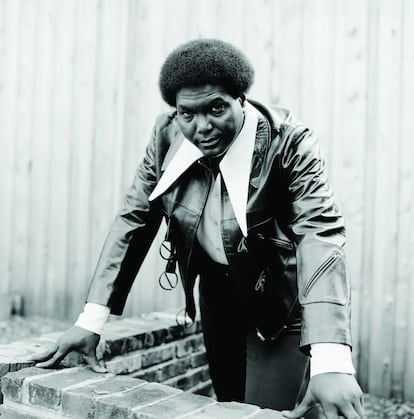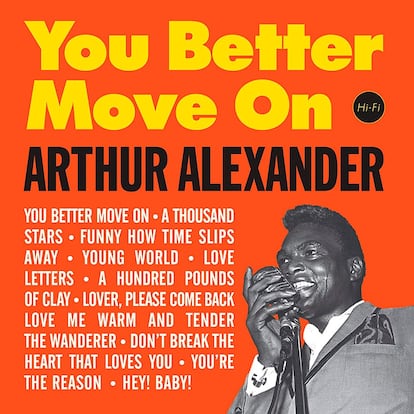Three forgotten gems of ‘deep soul’ music from the American South
Obscure and fascinating albums for your record collection that will brighten your day

Our new Hidden Gems series aims to educate and entertain readers with excellent but obscure music. We begin this month with an exquisite selection of what is known as “deep soul,” the gritty sounds of the southeastern United States, where much of the best soul music was made.
The American Deep South includes music hotspots like Memphis, Atlanta, Birmingham and Macon, but not Nashville, which is a little too close to Chicago. The region gave birth to many all-time greats like Little Richard, Otis Redding, Rufus Thomas, Carla Thomas and Al Green. It is a sacred place for soul music, and major record labels like Stax Records (Memphis, Tennessee) and FAME Studios (Muscle Shoals, Alabama) were started there. However, this month’s hidden gems don’t come from any famous names but from three forgotten musicians. They represent the true “deep soul,” a pure, vibrant and evocative sound that reminds us of the greatness of soul music, that extraordinary genre created from the depths of human emotion.
Arthur Alexander – You Better Move On (1962)

He could have had it all but died almost penniless. Arthur Alexander pioneered what became known as the Muscle Shoals sound, a fascinating soup of soul, blues and R&B cooked with passion and quality in the FAME studios. Alexander made music before other stars like Aretha Franklin, Wilson Pickett and Candi Staton came along. You Better Move On has hints of the late 1950s when American teenagers spent their time hanging around diners, racing cars and fooling around at summer fairs. With deep and precise tones, Alexander is a southern crooner whose unhurried singing slowly melts his listeners. The music beats like a feverish high-school dance, but the lyrics convey painful feelings of life in the segregated and poverty-stricken South.
James Carr – You Got My Mind Messed Up (1967)

Marred by his bipolar disorder, James Carr’s career never soared to the heights of contemporaries like Otis Redding or Wilson Pickett. However, You Got My Mind Messed Up proves that he was undoubtedly talented. Carr was turned down by Stax Records, but he landed a recording contract with Goldwax in 1964 and stayed with the label for the rest of his short career. He would spill out his heart in his songs, his breaking voice wailing in true Redding style – just listen to Love Attack. This splendid album shows he belongs at the top of the southern soul pantheon, but history relegated him to the shadows.
Doris Duke - I’m a Loser (1970)

She grew up singing gospel music but blossomed outside church walls. Duke had a torridly beautiful voice and started out as a backup singer for Nina Simone. In 1969, former Atlantic Records producer Jerry “Swamp Dogg” Williams Jr. signed her as a solo artist and recorded the unappreciated I’m a Loser album. Dogg’s elegant production meshed perfectly with Duke’s melancholic sound, who was likened to a mid-career Franklin, but in a leather jacket, more badass and streetwise. After all, she had grown up in Georgia and knew what it was like to struggle for her daily bread.
Sign up for our weekly newsletter to get more English-language news coverage from EL PAÍS USA Edition
Tu suscripción se está usando en otro dispositivo
¿Quieres añadir otro usuario a tu suscripción?
Si continúas leyendo en este dispositivo, no se podrá leer en el otro.
FlechaTu suscripción se está usando en otro dispositivo y solo puedes acceder a EL PAÍS desde un dispositivo a la vez.
Si quieres compartir tu cuenta, cambia tu suscripción a la modalidad Premium, así podrás añadir otro usuario. Cada uno accederá con su propia cuenta de email, lo que os permitirá personalizar vuestra experiencia en EL PAÍS.
¿Tienes una suscripción de empresa? Accede aquí para contratar más cuentas.
En el caso de no saber quién está usando tu cuenta, te recomendamos cambiar tu contraseña aquí.
Si decides continuar compartiendo tu cuenta, este mensaje se mostrará en tu dispositivo y en el de la otra persona que está usando tu cuenta de forma indefinida, afectando a tu experiencia de lectura. Puedes consultar aquí los términos y condiciones de la suscripción digital.









































